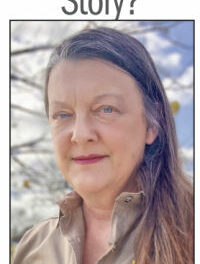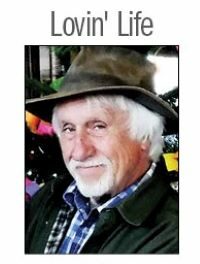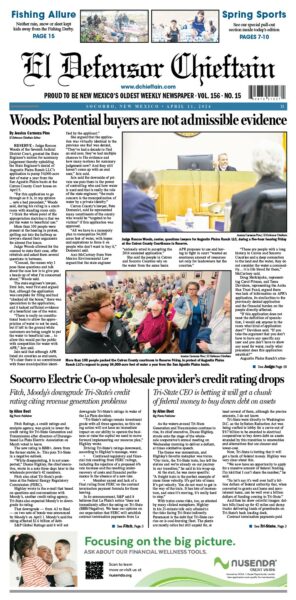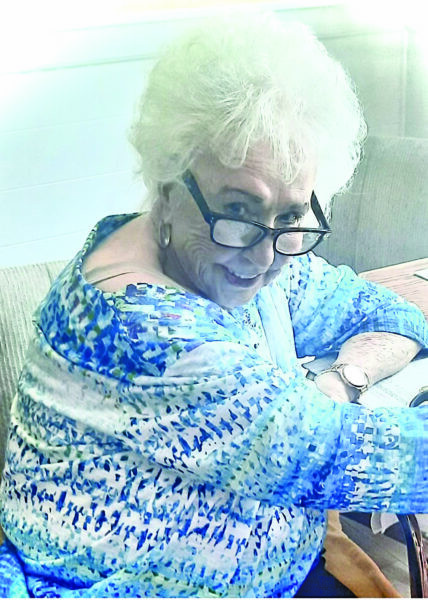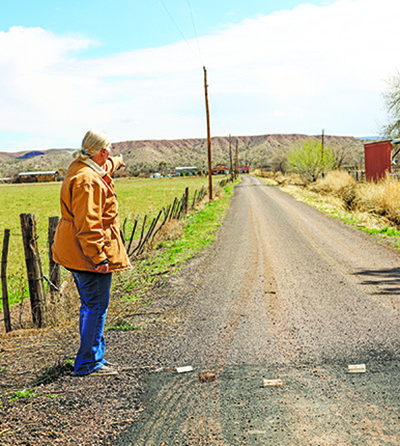
Many things have changed in these last 365 days and I don’t need to recycle all that here because you have made as many changes in your life as everyone else.
But there’s one change that has not changed. It’s as regular as clockwork.
I don’t know about you but I’m not looking forward to Daylight Savings Time. Don’t get me wrong, it’s nice to be able to sit on the back porch late in the evening, but it’s that first few mornings after the change that’s tough going.
Instead of all at once, I vote for changing the clock gradually over time, say, a week. Starting Sunday we would set our clocks ahead 10 minutes, then repeat every day until we reach a full hour ahead on Friday. There could be someone walking up and down each block clanging a hand bell during the week reminding everyone to set their clock ahead another 10 minutes, sort of like the town crier of olde. Come to think of it, that wouldn’t be a bad idea for other things. Like it’s time for church or a county commission meeting or the next episode of Better Call Saul.
Otherwise, here’s hoping you can get fairly well adjusted to getting up an hour earlier come time for work on Monday morning.
The physicists tell us that time is just a construct we mortals use to keep track of “then” and “now.”
I’m not so sure about measuring the future, time-wise, but we sure give it a try. When we drive somewhere we estimate how long it will take to get there, and once we arrive we say we “made good time.”
We have time clocks and sundials and seem to be lost without a watch, whether it be pocket or wrist. We have clocks in our cars and clocks on our cellphones. You can’t get away from it. It’s enough to drive one crazy, which is probably why the Swiss came up with their idea of cuckoo clocks.
Oh, and speaking of sundials, one of the most unique sundials I’ve ever seen is out at the Very Large Array. It’s one you can walk through. They say it’s the world’s first radio sundial.
Officially it’s named after the late radio astronomy pioneer Ron Brace well of Stanford, and it’s made out of parts of a radio telescope array Ron built in 1961. You cannot only tell the time with it but also the month, as well as famous dates in astronomy history. I guess it’s fitting because astronomy is all about space and time because when you’re looking at your favorite star you’re looking at the past.
And on top of that, if you can get your souped-up DeLorean to go over 670,616,629 miles an hour, time will stand still and your clock may even start spinning backward if movies are to be believed. If that’s not enough, an article came out last week that said – according to quantum physicists – time actually may go backward as well as forwards, which means that a decision you make in the future will affect you now. It’s called retrocausality.
I don’t know if that has anything to do with predestination, theologically speaking, but I wonder what my future self is up to right now.
This is where I start saying, “do what?” and reaching for an aspirin.
No matter, here we go messing with time again this Sunday, but on a much more mundane level. The fact is, clocks are what we go by and without them, we wouldn’t sing Hickory Dickory Dock and lawyers wouldn’t know how much to charge their clients.
Back in the old days, there would be a sundial of some sort and wind-up clocks would be set at 12 o’clock when the sun was at its highest point on the dial. And that was for people who actually needed to know, like when to open the bank or when Gary Cooper was to face the bad guys at High Noon. Oh sure, people had pocket watches and grandfather clocks which were used so ma could tell pa, “dinner in ten minutes,” but otherwise standardized timekeeping wasn’t important until mass transit came along.
Dang. I’ve run out of room again.
Before I got off on this clock/time tangent I wanted to talk about a sign seen on the side of the road in the ranching village of Mosquero way up in Harding County – whose case count is only eight – that says “No Wi-Fi here. Talk to each other.”

